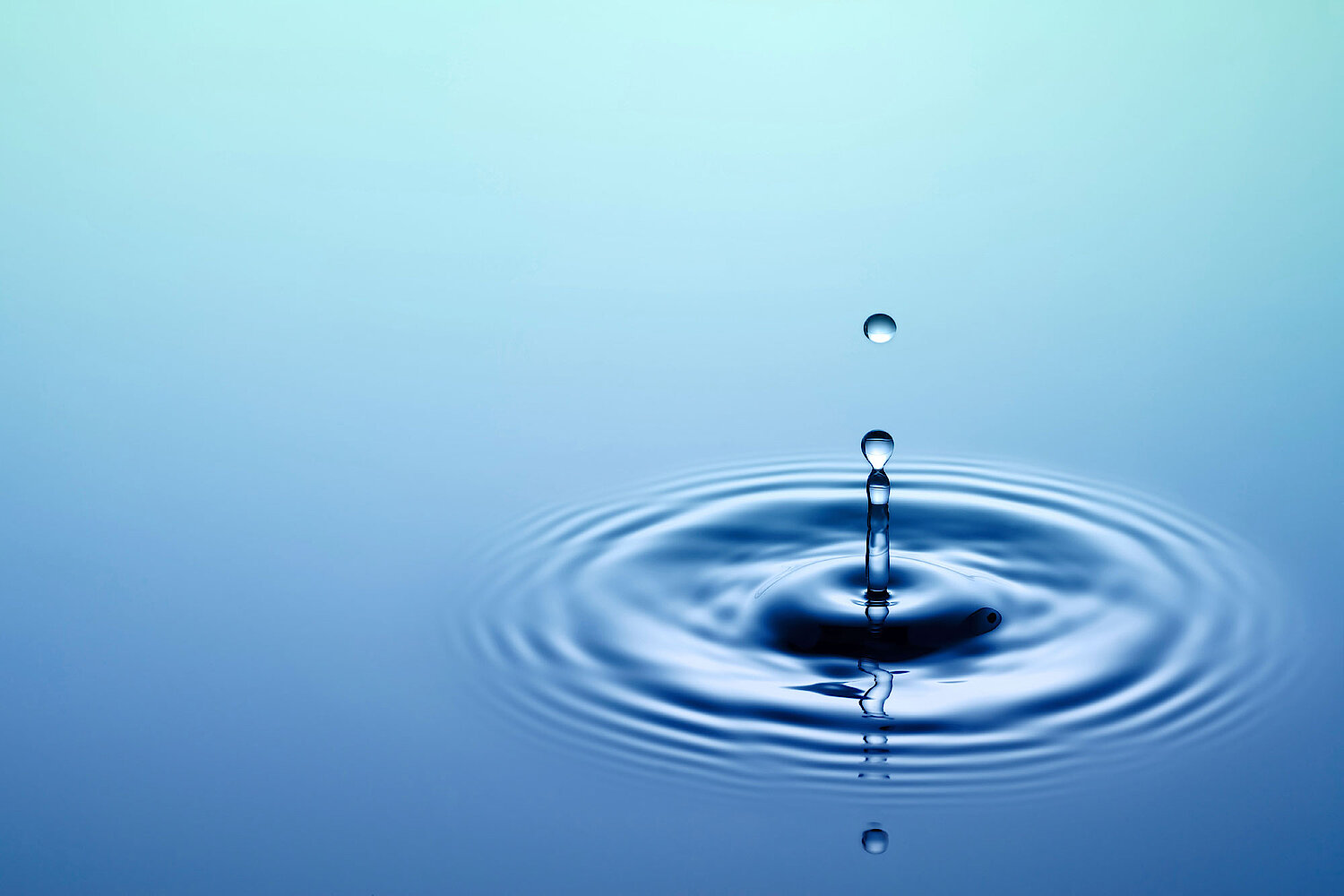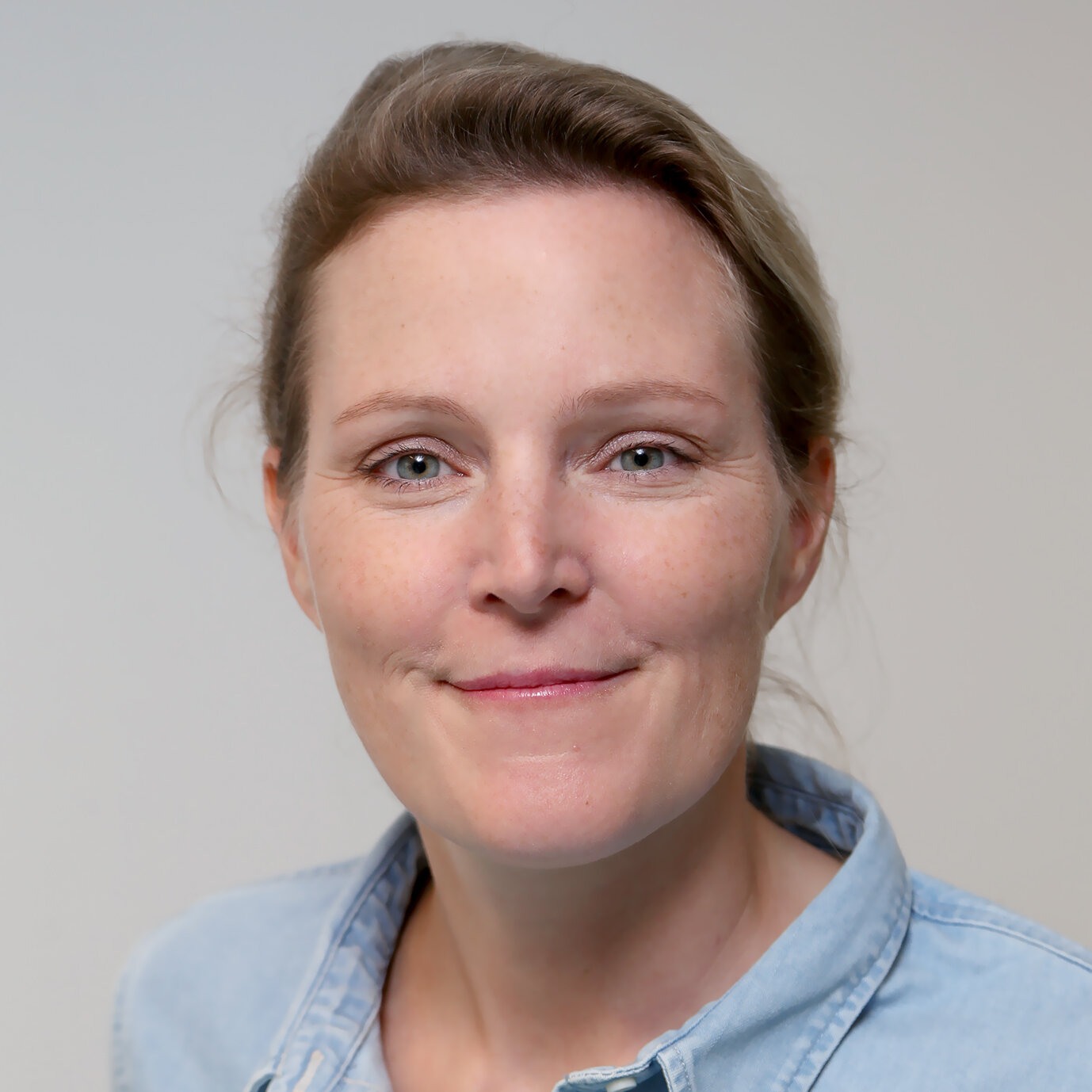Water management: support from afar
EU’s Eastern Partnership countries continue water sector reforms despite Covid-19, assisted by EUWI+.

In the framework of the European Union Water Initiative Plus (EUWI+), experts from the Umweltbundesamt, the Environment Agency Austria (EAA), provide support to the implementation of water sector reforms in the EU’s Eastern Partnership countries. Due to Covid-19, some EUWI+ activities had to be changed and missions were cancelled. Nevertheless, the Eastern Partnership countries stayed on track and local experts continued working on their river basin management plans and water monitoring. The Austrian experts provided them with technical advice online.
Transboundary survey in Armenia and Georgia
On 8-9 September, experts from Armenia and Georgia conducted (simultaneously) a field survey along the transboundary river Debed. To obtain comparable and more valid results, local experts received guidance on survey site selection and EU field sampling methodology, which they had tried for first time in the summer of 2019. EAA experts coordinated the survey and helped local water specialists to analyse water and biological samples, using the new equipment and applicable standards at transboundary level.
In addition, Armenia hosted an event to raise children’s awareness of aquatic ecosystems. The Country Water Partnership Armenia presented a series of manuals, developed in the framework of EUWI+, to shape the understanding of water ecosystems among future generations.
Strategies and action plans in Armenia & Moldova
In July, Armenia took an important step towards the approximation of national water legislation to European Union standards. The Armenian Ministry of Environment has approved a roadmap for the implementation of CEPA obligations (EU-Armenia Comprehensive and Enhanced Partnership Agreement) in the field of water quality and resources management. The roadmap was prepared with the support of EUWI+.
At the same time, Moldova approved an updated national Water Supply and Sanitation Strategy and an associated Action Plan, which will be implemented in 2020-2024. The Action Plan ensures better access to safe drinking water and proper sanitation for Moldavians. The OECD, in the framework of EUWI+, supported the Moldovan Ministry of Agriculture, Regional Development and Environment in the preparation of the Strategy and the Action Plan.
EUWI+ survey in Azerbaijan
This summer (2020), Azerbaijan has been struggling with the intrusion of seawater in the upper parts of Kura river delta. The very high salinity threatens local freshwater supplies as well as farms. Therefore, at the request of the Ministry of Ecology and Nature Resources and the European Union Delegation in Baku, EUWI+ helped conduct a targeted survey of delta water salinisation. EUWI+ and local experts assessed the scale of the changes in water quality, their causes and possible solutions. Although further monitoring is needed, there may be a connection to major river water abstractions for agriculture further upstream, which have led to a significant reduction of downstream river flows, as well as dredging of the delta branches for more navigability. This may trigger movement of seawater further inland beyond the delta during strong winds and waves.
About EUWI+
Launched in September 2016 for a duration of four years, the European Union Water Initiative plus for the Eastern Partnership Programme (EUWI+) is one of the EU's biggest committments to policy dialogue and technical support in the water sector of the Eastern Partner countries. The programme supports six partner countries (Azerbaijan, Armenia, Belarus, Georgia, the Republic of Moldova and Ukraine) in the alignment of their legislation with the European Union's policy on water management, with a strong focus on transboundary rivers. It provides support to the development of a long-term vision of water sector reforms in the partner countries. The project is funded by the European Union and implemented by the Organisation for Economic Co-operation and Development (OECD), the United Nations Economic Commission for Europe (UNECE), and an EU Member States consortium comprised of the Austrian Environment Agency and the International Office for Water (France).
The Environment Agency Austria contributes to this cooperation especially specific with its know-how and experience in water monitoring and laboratory development. In the EU's Eastern Partner countries, not only the technical knowledge of the Austrian experts is required but also their experience in institutional capacity building.
